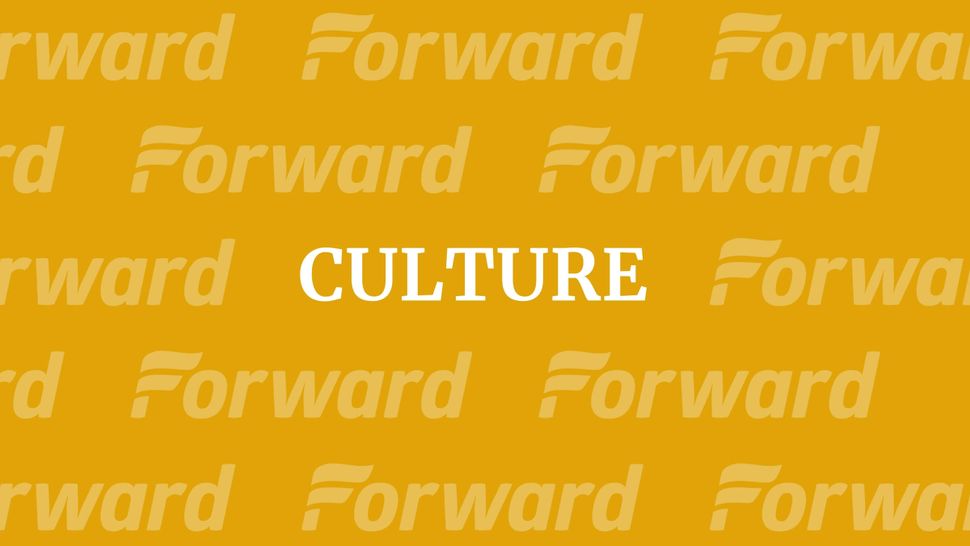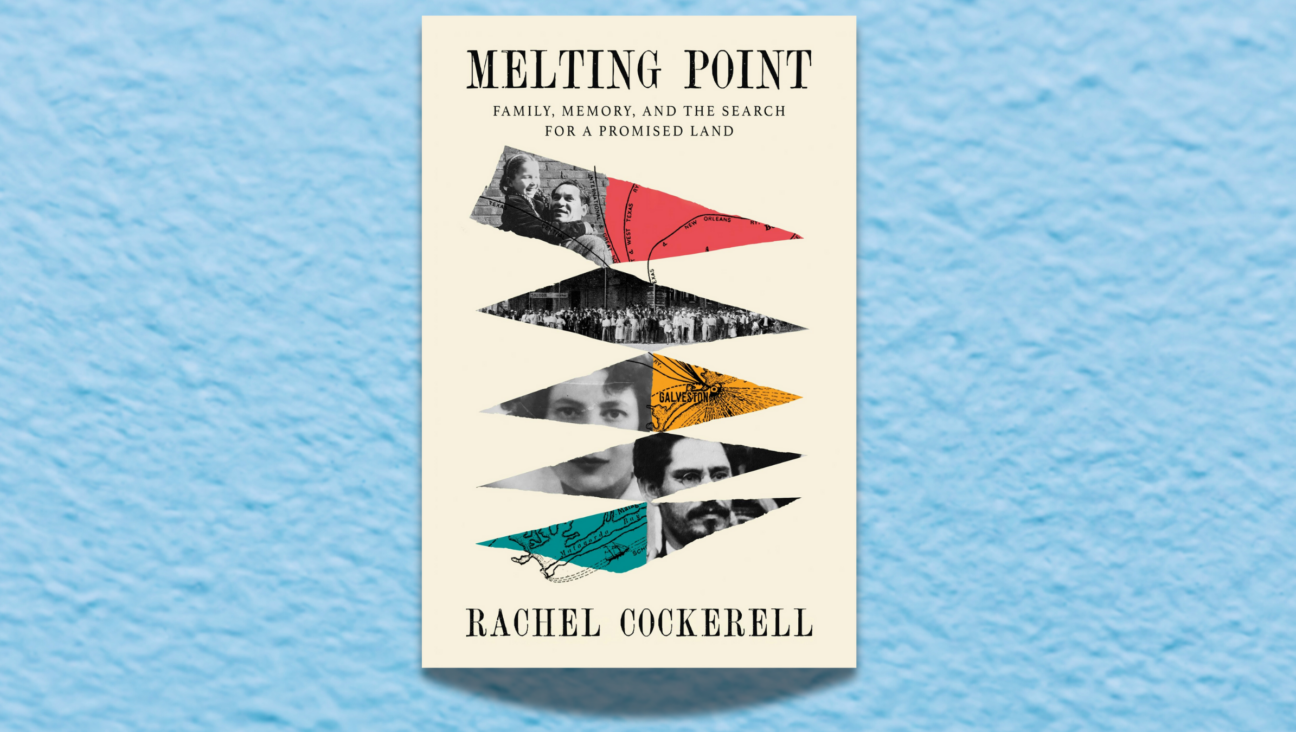Thinking in Aramaic, Writing in English

Earlier this week, Janice Weizman wrote about writing historical fiction and the bildungsroman and the Jewish woman. Her blog posts are featured on The Arty Semite courtesy of the Jewish Book Council and My Jewish Learning’s Author Blog Series. For more information on the series, please visit:

“Many artists are ‘underground’,” a writing instructor of mine once remarked, “but no one is more underground than writers.” To that I would add that no one is more underground than writers who don’t write in the language of the place they live. It amounts to a sort of double life. On the outside, you function in the same language as everyone around you. But then you have this other world, where you think and create in the tongue of a stranger. Your boss, the next-door neighbors, the mother of your child’s best friend and Moshe from the makolet might be aware that you are working on a novel, but you know, from the very first word you write, that they will probably never read it.
While I was writing “The Wayward Moon,” a novel which takes place in the 9th century Middle East, the situation was even more confusing. I was constantly alert to the fact that rather than Hebrew or English, my characters would have spoken something that sounds like Ha lachma anya di achalu avtania, and dizabin abah bitrei zuzei. If, like me, these phrases from the Haggadah are all the Aramaic you know, then you understand the difficulty.
As I wrote the novel, I realized very early on that I could never really know how Rahel Bat Yair, the story’s heroine, really spoke. All I could do was try to imagine her “voice,” not only the sound of it, but the “music” of it, its point of view, its inherent assumptions and ways of seeing the world. It wasn’t a matter of getting it “right” or “wrong,” because due to the absence of Jewish women’s voices in the few documents that have come down to us from that time, it was impossible to know exactly what idioms she would have used to express herself. All I could do was read the limited material that is available (e.g., letters from the Cairo Geniza, writings by men of her time) and listen to the tones, attitudes and modes of expression as they play out in the folk tales, songs, films, and poetry of people who have lived their lives in the lands of Islam.
While this sort of linguistic alienation is challenging for a writer, it can nonetheless be conducive to writing. The sense of being isolated, of having to wrestle alone with the voices in your head, enacts something existential. Writing becomes a sort of refuge, a place where you can sink into the words and phrases and fully inhabit your state of aloneness.
Having said that, if any Israeli publishers are reading this, Moshe from the makolet is still waiting.
Janice Weizman was born in Toronto, and moved to Israel at the age of nineteen. She is a graduate of the Creative Writing program at Bar-Ilan University, where she initiated and serves as managing editor of The Ilanot Review, an online literary journal. Janice’s fiction has appeared in various literary journals including Lilith, Jewish Fiction, and Scribblers on the Roof. Her first novel, “The Wayward Moon,” was recently awarded the Gold Medal in the Independent Publisher Book Awards and first place in the Midwest Book Awards, both in the category of Historical Fiction. Visit her website at http://janiceweizman.com/.
The Jewish Book Council is a not-for-profit organization devoted to the reading, writing and publishing of Jewish literature. For more Jewish literary blog posts, reviews of Jewish books and book club resources, and to learn about awards and conferences, please visit www.jewishbookcouncil.org.
MyJewishLearning.com is the leading transdenominational website of Jewish information and education. Visit My Jewish Learning for thousands of articles on Judaism, Jewish holidays, Jewish history and more.
The Forward is free to read, but it isn’t free to produce

I hope you appreciated this article. Before you go, I’d like to ask you to please support the Forward.
Now more than ever, American Jews need independent news they can trust, with reporting driven by truth, not ideology. We serve you, not any ideological agenda.
At a time when other newsrooms are closing or cutting back, the Forward has removed its paywall and invested additional resources to report on the ground from Israel and around the U.S. on the impact of the war, rising antisemitism and polarized discourse.
This is a great time to support independent Jewish journalism you rely on. Make a gift today!
— Rachel Fishman Feddersen, Publisher and CEO
Support our mission to tell the Jewish story fully and fairly.
Most Popular
- 1

Fast Forward Ye debuts ‘Heil Hitler’ music video that includes a sample of a Hitler speech
- 2

Opinion It looks like Israel totally underestimated Trump
- 3

Culture Cardinals are Catholic, not Jewish — so why do they all wear yarmulkes?
- 4

Fast Forward Student suspended for ‘F— the Jews’ video defends himself on antisemitic podcast
In Case You Missed It
-

Culture How one Jewish woman fought the Nazis — and helped found a new Italian republic
-

Opinion It looks like Israel totally underestimated Trump
-

Fast Forward Betar ‘almost exclusively triggered’ former student’s detention, judge says
-

Fast Forward ‘Honey, he’s had enough of you’: Trump’s Middle East moves increasingly appear to sideline Israel
-
Shop the Forward Store
100% of profits support our journalism
Republish This Story
Please read before republishing
We’re happy to make this story available to republish for free, unless it originated with JTA, Haaretz or another publication (as indicated on the article) and as long as you follow our guidelines.
You must comply with the following:
- Credit the Forward
- Retain our pixel
- Preserve our canonical link in Google search
- Add a noindex tag in Google search
See our full guidelines for more information, and this guide for detail about canonical URLs.
To republish, copy the HTML by clicking on the yellow button to the right; it includes our tracking pixel, all paragraph styles and hyperlinks, the author byline and credit to the Forward. It does not include images; to avoid copyright violations, you must add them manually, following our guidelines. Please email us at [email protected], subject line “republish,” with any questions or to let us know what stories you’re picking up.















